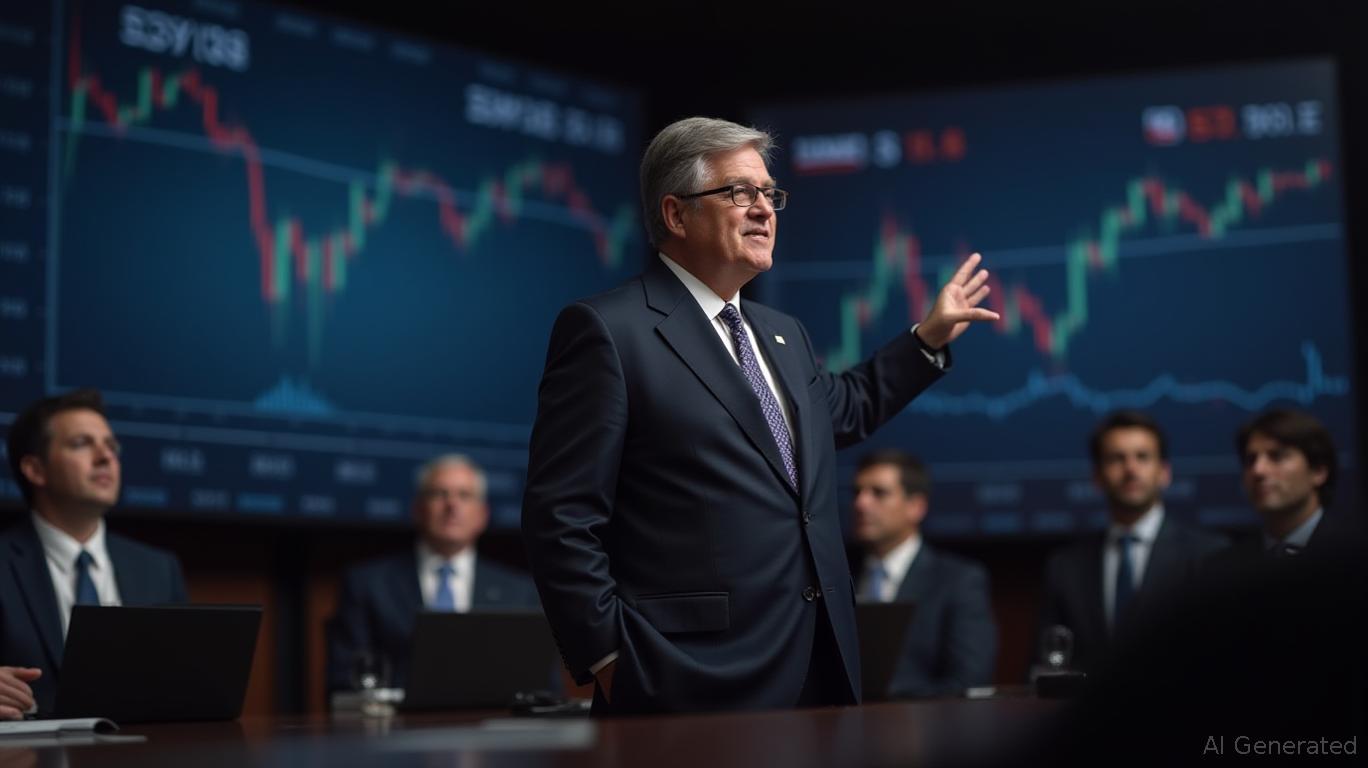SpaceX Moves $133M in Bitcoin to New Wallets
- SpaceX, helmed by Elon Musk, moved $133 million in Bitcoin.
- Transfer reflected routine security upgrades and not market sell-offs.
- Bitcoin prices experienced minimal fluctuations post-transfer.
Elon Musk’s SpaceX has transferred $133 million in Bitcoin to new wallets on October 24, 2025, marking the second major transfer within a week.
The transfers reflect internal reorganizations, not market moves, with Bitcoin briefly dipping to $109,938, before rebounding to $110,500.
SpaceX, led by CEO Elon Musk, conducted another large Bitcoin transfer, moving $133 million in BTC to new wallets. This action marks the company’s second substantial transfer in less than a week. On-chain data confirms these movements. SpaceX Bitcoin Transfer Plans for 2025
The transfer involved 1,215 BTC, following a previous significant shift of 2,495 BTC. Arkham Intelligence reported SpaceX’s current holdings at approximately 6,970 BTC. This transfer is considered an internal security update.
Bitcoin prices briefly dipped to $109,938 following SpaceX’s transfer but quickly recovered to around $110,500. Analysts emphasize these activities as non-disruptive. On-chain data indicates asset consolidation rather than open market liquidation.
Market reactions largely align with the understanding that these transactions are for custodial efficiency. SpaceX continues to manage its holdings without direct market interference, highlighting the significance of secure asset management.
SpaceX’s strategic management aligns with its tradition of safeguarding digital assets. Historical patterns, like Tesla’s prior sales, indicate a focus on consolidation instead of drastic actions. No regulatory updates accompany these routine custodial shifts.
Data and historical trends underscore the importance of asset security in SpaceX’s strategy. Analysts point out these moves as expected internal arrangements, not as precursors to market volatility. Investors remain attentive to such high-profile transactions. BlockBeats, On-chain Analysis Group, stated: “SpaceX has transferred 1,215 Bitcoin, valued at $133 million, just three days after a previous transfer… the purpose of these transfers [remains] unclear.” Holder Research
Disclaimer: The content of this article solely reflects the author's opinion and does not represent the platform in any capacity. This article is not intended to serve as a reference for making investment decisions.
You may also like
Bitcoin Updates: Fed’s Softer Stance Supports Both Economic Expansion and Inflation—Positive Momentum for Crypto
- The U.S. Federal Reserve cut rates by 25 bps to 3.75%-4.00% on October 29, 2025, ending quantitative tightening by December 1, easing liquidity constraints. - Crypto markets initially dipped post-announcement but gained analyst support as lower rates and weaker dollar historically boost Bitcoin and Ethereum as hedges. - Institutional crypto demand remained strong with Coinbase reporting 2,772 BTC inflows and Bitcoin ETFs seeing net inflows, while Tether's USDT supply surpassed $183 billion. - The Fed's "

Bitcoin News Update: Bitcoin Rally Drives $2.8B in Gains While Strategy's Shares Drop 15% Year-to-Date
- Strategy Inc. (MSTR) reported $2.8B Q3 2025 net income from Bitcoin's $70.6B portfolio (640,808 BTC) amid $20B unrealized gains. - New fair value accounting rules enabled profit recognition without selling Bitcoin, reversing $340M 2024 losses and boosting operating income to $3.9B. - CEO Phong Le targets $34B operating income if Bitcoin hits $150K, while $20B 2025 capital raises expanded holdings by 40,000 BTC. - Despite 51.74% BTC gains, shares fell 15.15% YTD due to dilution concerns, contrasting with

MEV's Tendency to Centralize Poses a Challenge to the Fundamental Principles of DeFi
- MEV (Maximal Extractable Value) destabilizes DeFi markets by enabling miners/validators to reorder transactions for profit, imposing a "hidden tax" on retail traders through front-running and sandwich attacks. - Aditya Palepu highlights systemic risks: 80% of MEV costs fall on retail users, while institutions avoid DeFi to mitigate front-running risks, undermining market liquidity and stability. - Trusted Execution Environments (TEEs) encrypt transactions pre-execution to block front-running, but vulnera

MEV Takes Advantage of DeFi Transparency, Triggering Concerns Over Fairness
- MEV exploits blockchain transparency to reorder transactions, creating a "hidden tax" that deters institutional DeFi adoption and harms retail users. - Sandwich attacks and front-running cost retail investors up to 80% of MEV-driven losses, with 24% of Ethereum blocks affected annually. - Trusted execution environments (TEEs) emerge as a solution by privatizing transaction data, potentially unlocking $trillions in institutional capital. - Experts warn MEV centralizes power and inflates costs, requiring g

